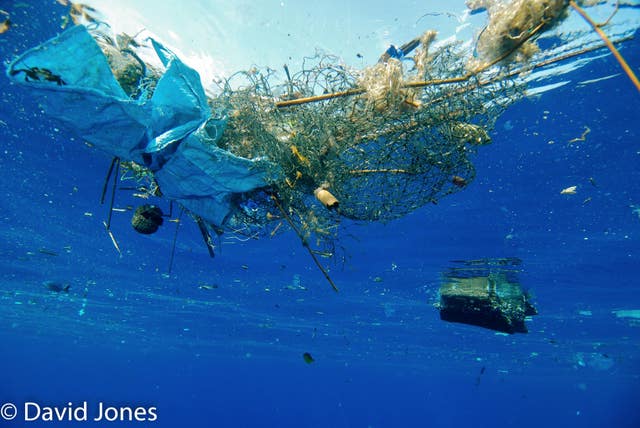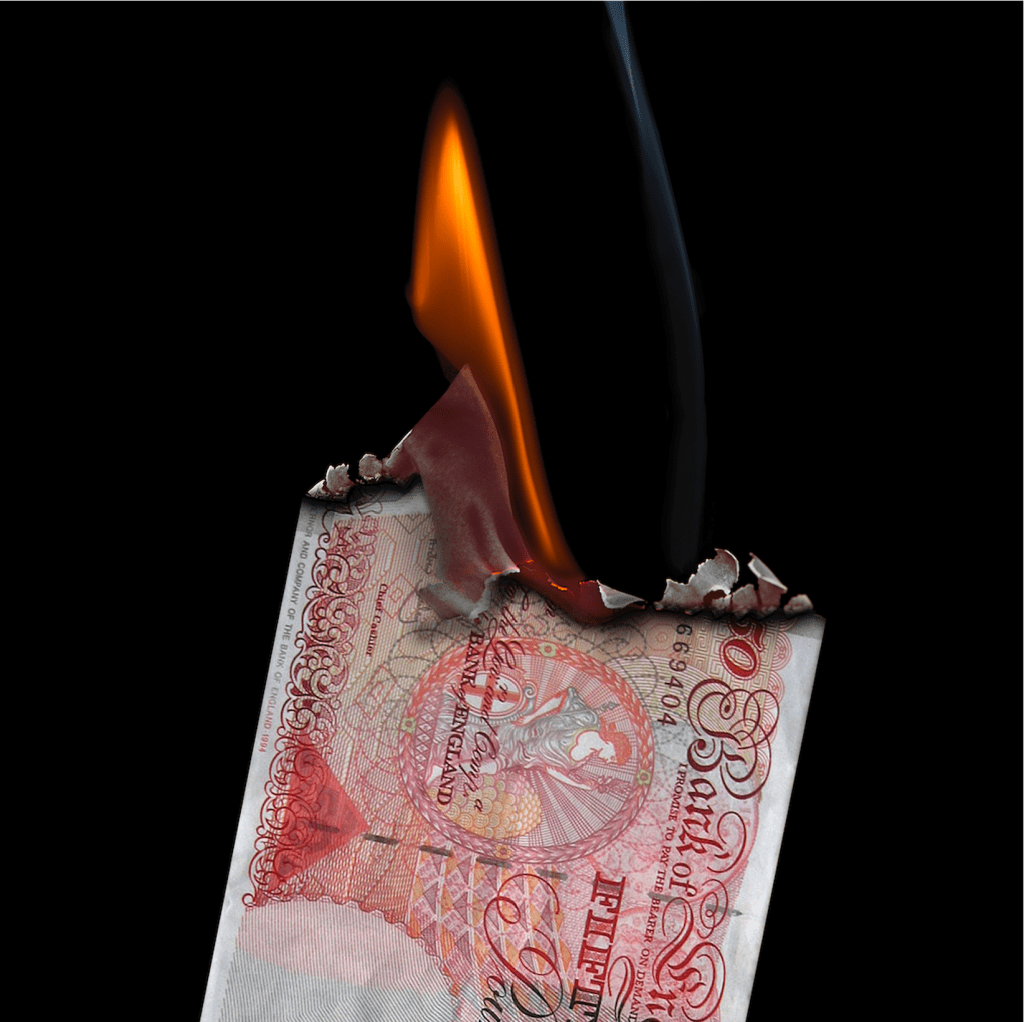The announcement comes after more than 25,000 tonnes of pandemic plastic waste worldwide has littered the oceans.
14 February 2022
Medical face masks could be recycled for use as curtains or bedsheets, the Government has said, as it “explores” ways to tackle Covid PPE waste.
Alongside plans to reuse the distinctive blue Type IIR face coverings, the Department for Health and Social Care is also considering how to use recycled materials in Covid testing kits.
The announcement by health minister Edward Argar comes after a study published last year found that more than 25,000 tonnes of plastic waste associated with the pandemic have entered the world’s oceans.
Mr Argar said: “NHS Test and Trace is exploring alternatives to current test devices which are safe, effective and made of predominantly recyclable or biodegradable materials.”
In response to a written question from Liberal Democrat MP Sarah Olney, Mr Argar also said the Government is looking at ways of recycling face masks and other personal protective equipment (PPE).


The minister said: “We are reviewing the potential of reusable Type IIR masks in acute settings, using existing laundry services to reduce the need for single-use products.
“These reusable Type IIR masks will be recycled into curtains, mattress covers or other products to contribute to the sustainable disposal of personal protective equipment and zero to landfill recycling programme.
“We plan to pilot reusable eye protection where the product can be recycled at the end of its life. We have recycled 22 million visors to make plastic containers, which can be used to store food items and will also be recyclable.”
Richmond Park MP Ms Olney had asked the Government what steps it is taking “to improve the recyclability” of Covid-19 testing equipment and used personal protective equipment.
She welcomed Mr Argar’s announcement, and said: “Many of my constituents raised concerns at the volume of plastic in testing kits and in particular disposable masks.
“This Government wasted £2 billion of taxpayers’ money on contracts for PPE that was so poor quality it couldn’t be used, so it is about time they cleaned up their act.”


A study carried out by Nanjing University, and published online by the journal PNAS in November 2021, found that eight million tonnes of pandemic-associated plastic waste had been generated globally.
The study showed that, of that waste, more than 25,000 tonnes had made its way into the ocean, most of it carried out to sea by rivers after being thrown away.
Of the total mismanaged plastic waste from the pandemic, the largest amount came from across Asia – 46% – with Europe generating the second highest amount, 24%.
Earlier this month, the Government revealed that nearly 10% of the 36.4 billion items of PPE it had acquired since January 2020 was identified as “potential excess” and was not being used.
In reply to a question from Lib Dem chief whip Wendy Chamberlain about unwanted or unusable PPE, Mr Argar said: “The personal protective equipment programme has ordered over 36.4 billion items since March 2020.
“Of this, approximately 3.4 billion units are currently identified as potential excess stock. The estimated purchase price for those items is £2.2 billion.”



